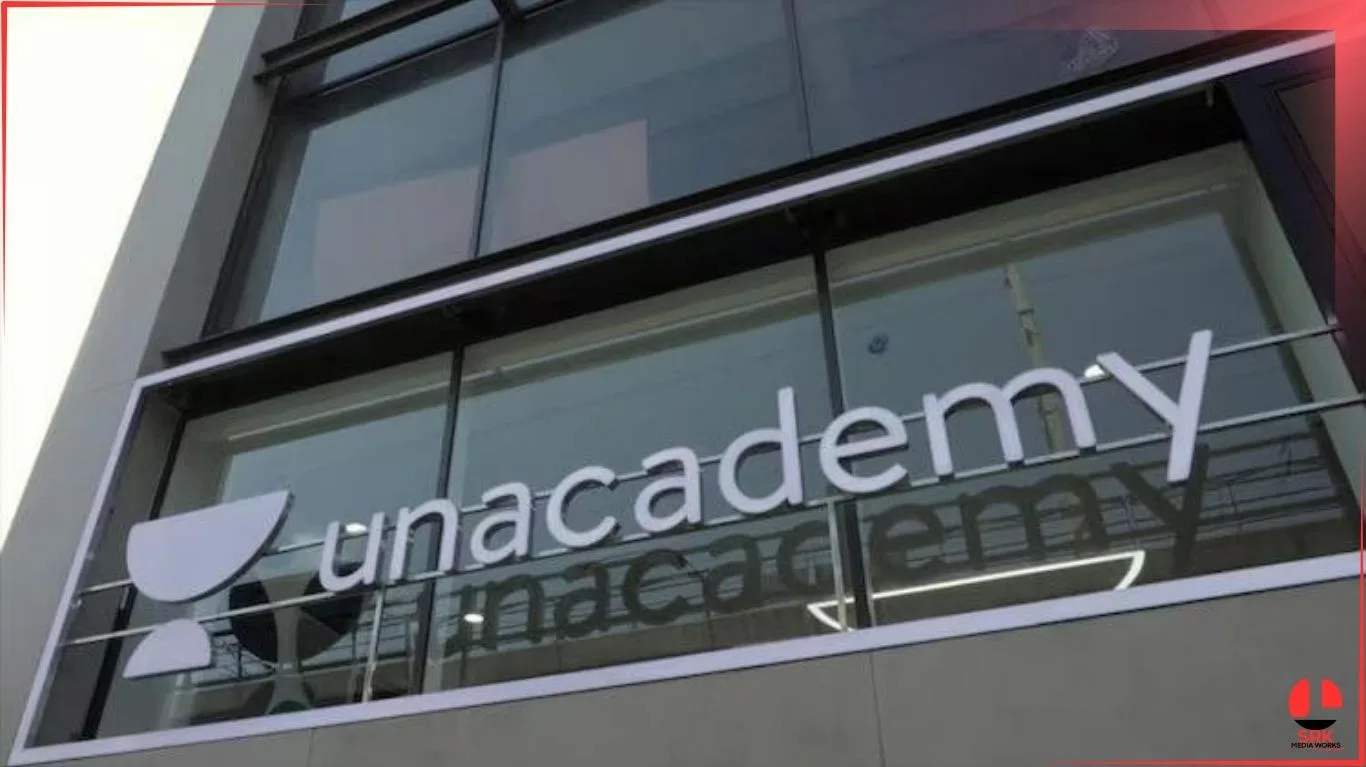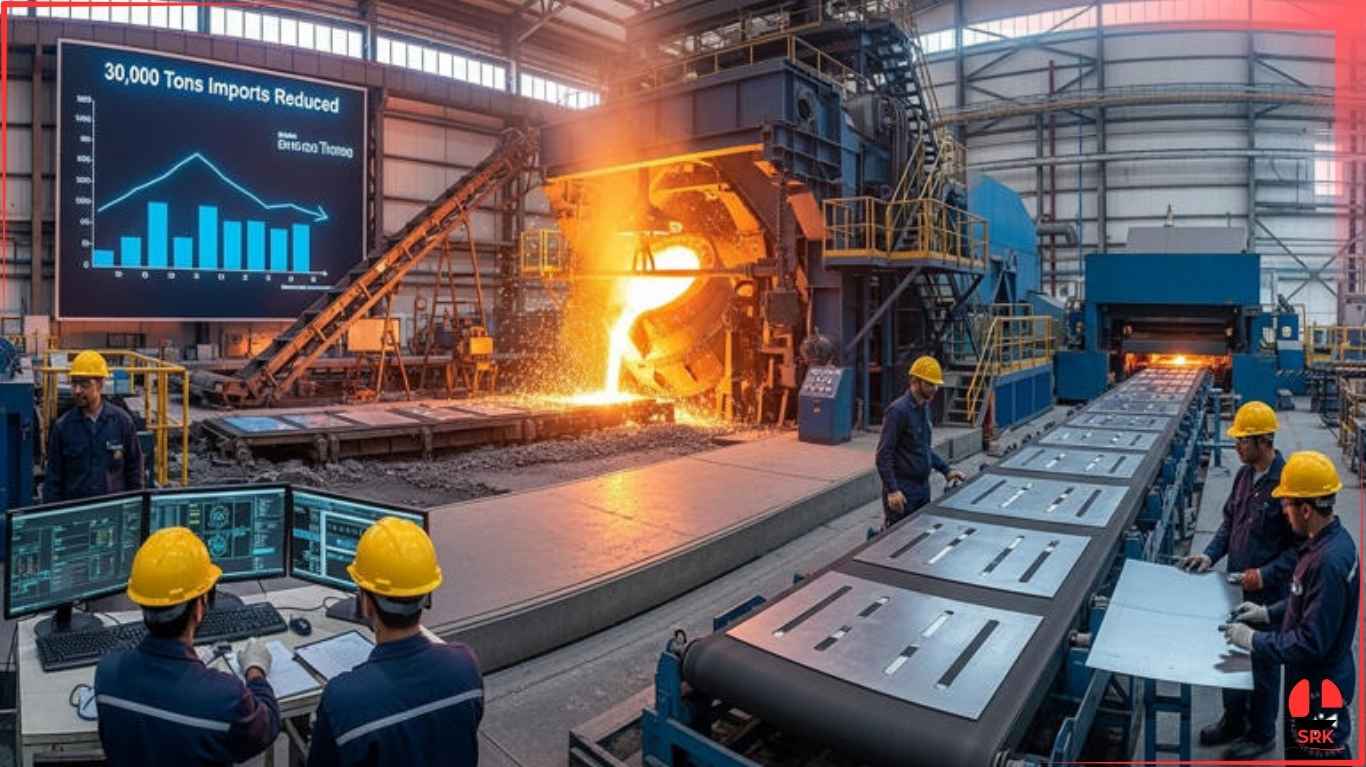Reliance Infrastructure Limited (RInfra), a flagship company of the Anil Ambani-led Reliance Group, has received a significant three-notch credit rating upgrade following substantial debt reduction measures. This development signals a promising turnaround for the infrastructure conglomerate, enabling enhanced financial stability, potential project expansions, and better market confidence.
The Credit Rating Upgrade Explained
The credit rating agency CARE Ratings upgraded RInfra’s long-term bank facilities rating by three notches to BBB- from its earlier rating of B. The upgrade reflects:
- Reduction in consolidated debt levels after strategic repayments
- Improvement in liquidity profile
- Strengthened balance sheet, driven by asset monetisation and operational cash flows
- Reduced refinancing risks over the medium term
The upgrade also signifies that Reliance Infrastructure has transitioned into an investment grade rating after struggling with near-default statuses in recent years.
Debt Reduction Measures by RInfra
Reliance Infrastructure aggressively reduced its debt by ₹3,000 crore in FY2024. This was achieved through:
- Sale of non-core assets, including its stake in Reliance Power
- Repayment of high-cost loans via operational cash flows from EPC projects and subsidiaries
- Restructuring of certain loan components to optimise interest outflows
The company’s current consolidated debt stands at approximately ₹4,000 crore, down from ₹7,000 crore in FY2023. Its management has reiterated its target to become debt-free by FY2026 through ongoing monetisation of toll road assets and surplus land banks.
Strategic Business Implications
1. Enhanced Borrowing Capacity
The improved credit rating will lower the cost of borrowing for upcoming infrastructure projects, including:
- EPC contracts in highways and bridges
- Urban metro rail projects
- Defence manufacturing initiatives under its Reliance Defence vertical
2. Revival of Investor Confidence
Analysts note that the upgrade will enhance confidence among lenders, institutional investors, and EPC clients, potentially accelerating order inflows in FY2025-FY2026.
3. Faster Execution of Upcoming Projects
The company is currently executing large-scale contracts such as:
- Mumbai Metro Line 4 (Wadala-Kasarvadavali)
- Various NHAI highway EPC packages in Maharashtra and Uttar Pradesh
- Defence contracts via its Pipavav Defence acquisition, focusing on naval vessel maintenance and patrol crafts
Financial Performance Snapshot (FY2024 vs FY2023)
| Metric | FY2024 | FY2023 | Change (%) |
|---|---|---|---|
| Revenue | ₹14,300 crore | ₹12,800 crore | +11.7% |
| EBITDA | ₹2,200 crore | ₹1,750 crore | +25.7% |
| Net Profit | ₹750 crore | ₹400 crore | +87.5% |
| Consolidated Debt | ₹4,000 crore | ₹7,000 crore | -42.8% |
| Debt-to-Equity Ratio | 0.78 | 1.35 | Improved |
Key Drivers Behind Debt Reduction
- Strong Operational Cash Flows: Better EPC execution led to improved collections.
- Asset Monetisation: Proceeds from the sale of Mumbai Metro One stake and non-core real estate holdings contributed to repayments.
- Stringent Cost Management: RInfra adopted zero-based budgeting to reduce overheads across verticals.
Market Reaction
Following the announcement of the credit rating upgrade, Reliance Infrastructure shares surged by 4% in early trade on NSE, reflecting positive market sentiment. Analysts expect the company’s valuation to improve further if it continues its debt reduction momentum.
Future Growth Strategy
Reliance Infrastructure plans to:
- Focus on EPC and defence engineering: Capitalising on India’s rising infrastructure and defence capex.
- Monetise additional assets: Including urban real estate and operational toll roads to achieve near-zero debt.
- Bid for strategic metro rail and highway projects: As state and central governments accelerate capital expenditure under the National Infrastructure Pipeline.
Analyst Viewpoints
Brokerage firms opine that the three-notch upgrade is a crucial milestone for the company’s turnaround narrative. An Edelweiss Research report stated that RInfra’s efforts towards balance sheet de-leveraging and business refocus could make it a strong contender for upcoming public-private infrastructure partnerships.
However, analysts caution that cash flows from defence manufacturing subsidiaries remain under stabilisation, and timely execution will be key to sustaining financial health.
Sector Impact
Reliance Infrastructure’s recovery is also being viewed as a broader signal of revival within the EPC and infrastructure sector, where many debt-laden companies are undertaking aggressive de-leveraging to regain investment-grade ratings, expand order books, and attract strategic investors.
Conclusion
Reliance Infrastructure’s three-notch credit rating upgrade marks a significant turning point in its corporate journey. Backed by continued debt reduction, prudent financial management, and strategic focus on EPC and defence, the company is on track to reclaim its leadership position in India’s infrastructure sector.
With infrastructure poised to be the backbone of India’s $5 trillion economy goal, RInfra’s financial discipline and market repositioning could ensure long-term value creation for stakeholders in the years to come.
Disclaimer: This news article is for informational purposes only. It does not constitute financial advice or a recommendation to invest in any company or security. Readers are advised to consult their financial advisors and conduct their own due diligence before making any investment decisions.












A cozy hotels in Kolasin Montenegro for mountain lovers. Ski slopes, trekking trails, and local cuisine are nearby. Rooms are equipped with amenities, Wi-Fi, parking, and friendly staff are available to help you plan your vacation.
Site web 1xbet rdc – paris sportifs en ligne sur le football et autres sports. Propose des paris en direct et a l’avance, des cotes, des resultats et des tournois. Description detaillee du service, des fonctionnalites du compte et de son utilisation au Congo.
La plateforme en ligne 1xbet burkina faso: paris sportifs en ligne, matchs de football, evenements en direct et statistiques. Description du service, marches disponibles, cotes et principales fonctionnalites du site.
Современная Стоматология в Воронеже лечение кариеса, протезирование, имплантация, профессиональная гигиена и эстетика улыбки. Квалифицированные специалисты, точная диагностика и забота о пациентах.